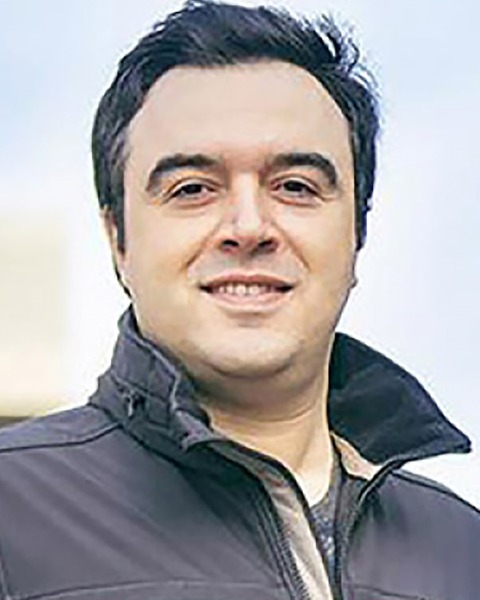
Niaz chalabianlo, PhD
Postdoctoral researcher
Western University, Canada
Niaz Chalabianloo, Ph.D., is a Postdoctoral Associate in the Department of Physiology and Pharmacology at the Schulich School of Medicine & Dentistry, Western University, London, Ontario. His current research focuses on leveraging machine learning methods to predict and study adverse drug reactions, contributing to advancements in pharmacovigilance and patient safety.
Niaz completed his Ph.D. at Boğaziçi University, preceded by a master's degree in computer engineering from the Middle East Technical University. His doctoral work laid the foundation for his expertise in applying computational methods to health-related challenges.
Following his doctoral studies, Niaz was involved in the Marie Sklodowska-Curie H2020 European ITN project AffecTech, where he contributed to research on Personal Technologies for Affective Health. This experience deepened his understanding of the intersection between technology and mental health, further broadening his interdisciplinary approach to research.
Throughout his career, Niaz has cultivated a diverse range of research interests, including Affective Computing, Digital Health, Machine Learning, Ubiquitous Computing, and most recently, Pharmacovigilance. His work continues to bridge the gap between computer science and healthcare, with a particular emphasis on developing innovative solutions to enhance drug safety and efficacy through advanced data analysis techniques.
At Western University, Niaz is actively engaged in collaborative research projects that aim to revolutionize the field of adverse drug reaction prediction. His work combines cutting-edge machine learning algorithms with comprehensive pharmacovigilance data from sources such as ICES, OpenFDA, and Canada Vigilance to create more accurate and efficient models for identifying potential drug-related risks.
Niaz's research has implications for improving patient outcomes, informing drug development processes, and advancing the field of personalized medicine. He is committed to translating his findings into practical applications that can make a tangible difference in healthcare delivery and pharmaceutical research.
Poster(s):
-
Monday, August 26, 20248:00 AM - 6:00 PM CEST
